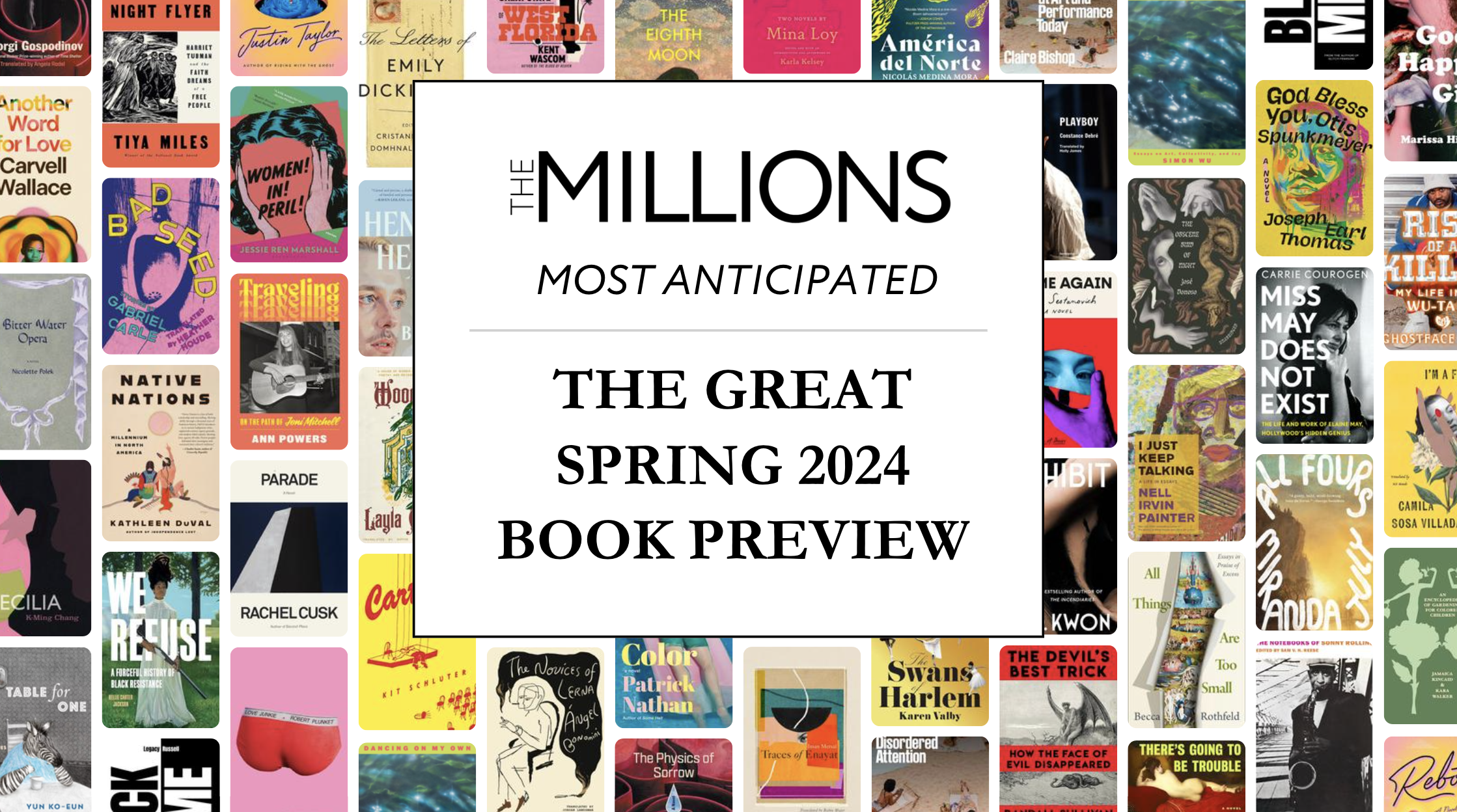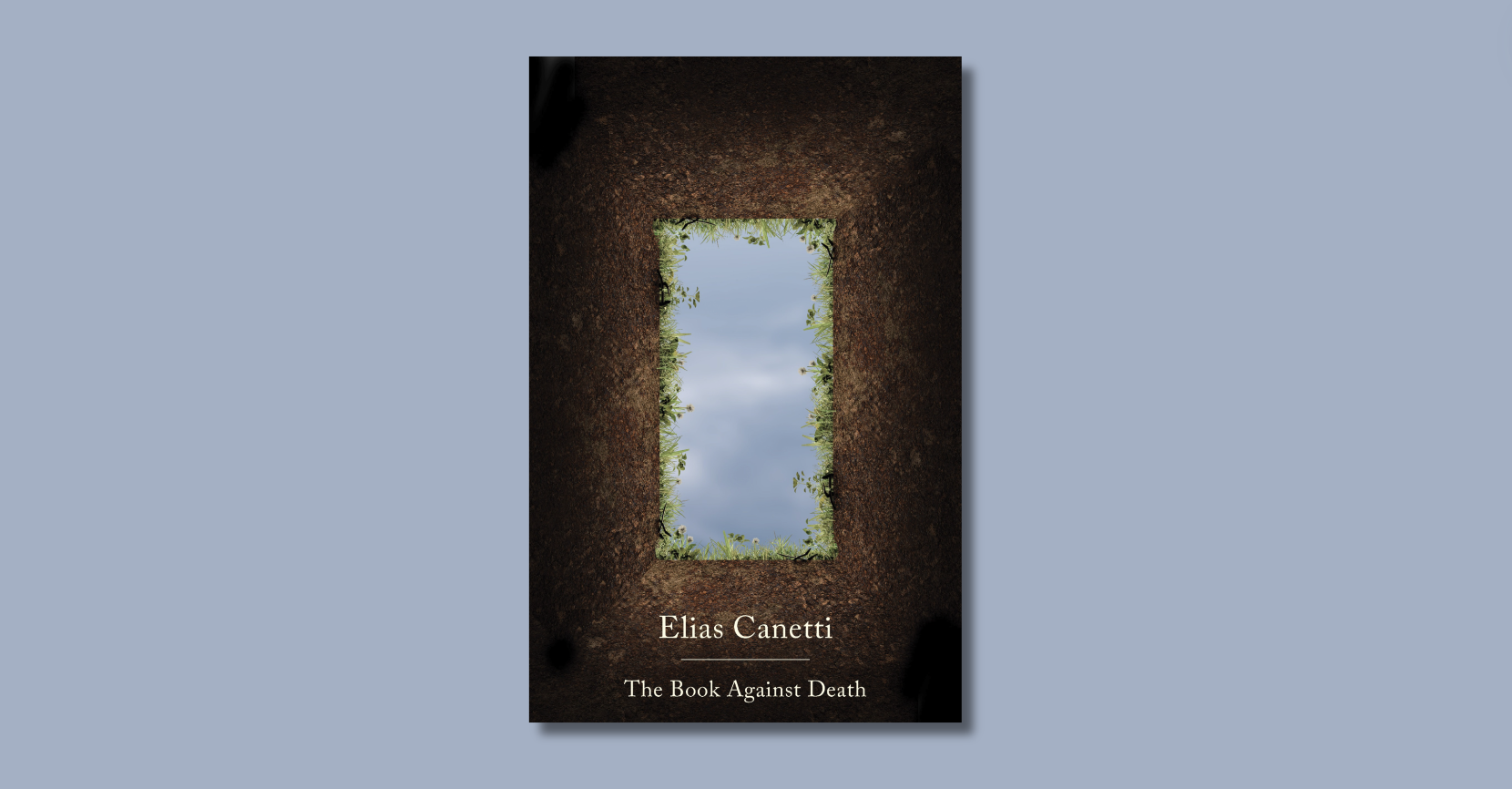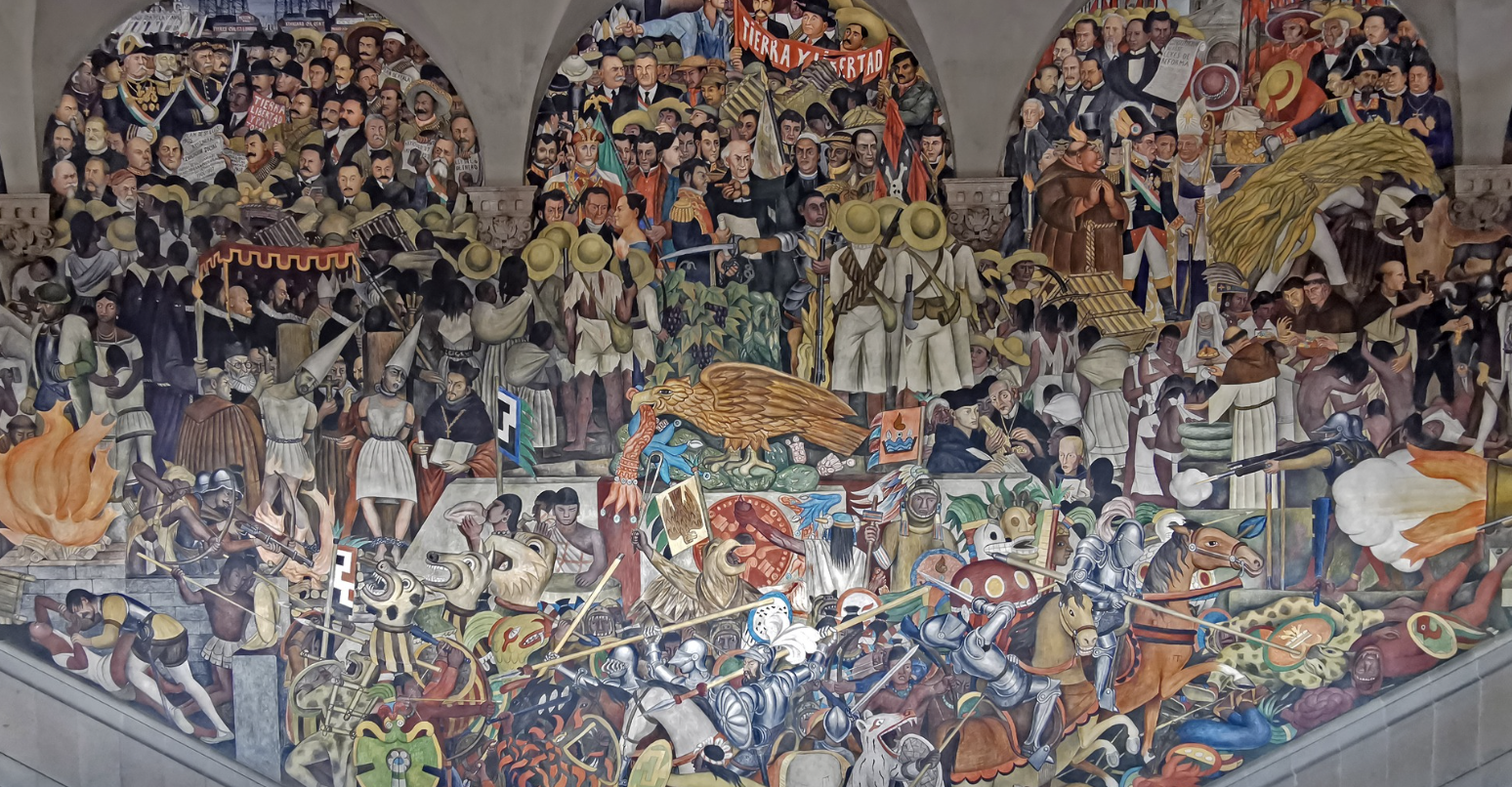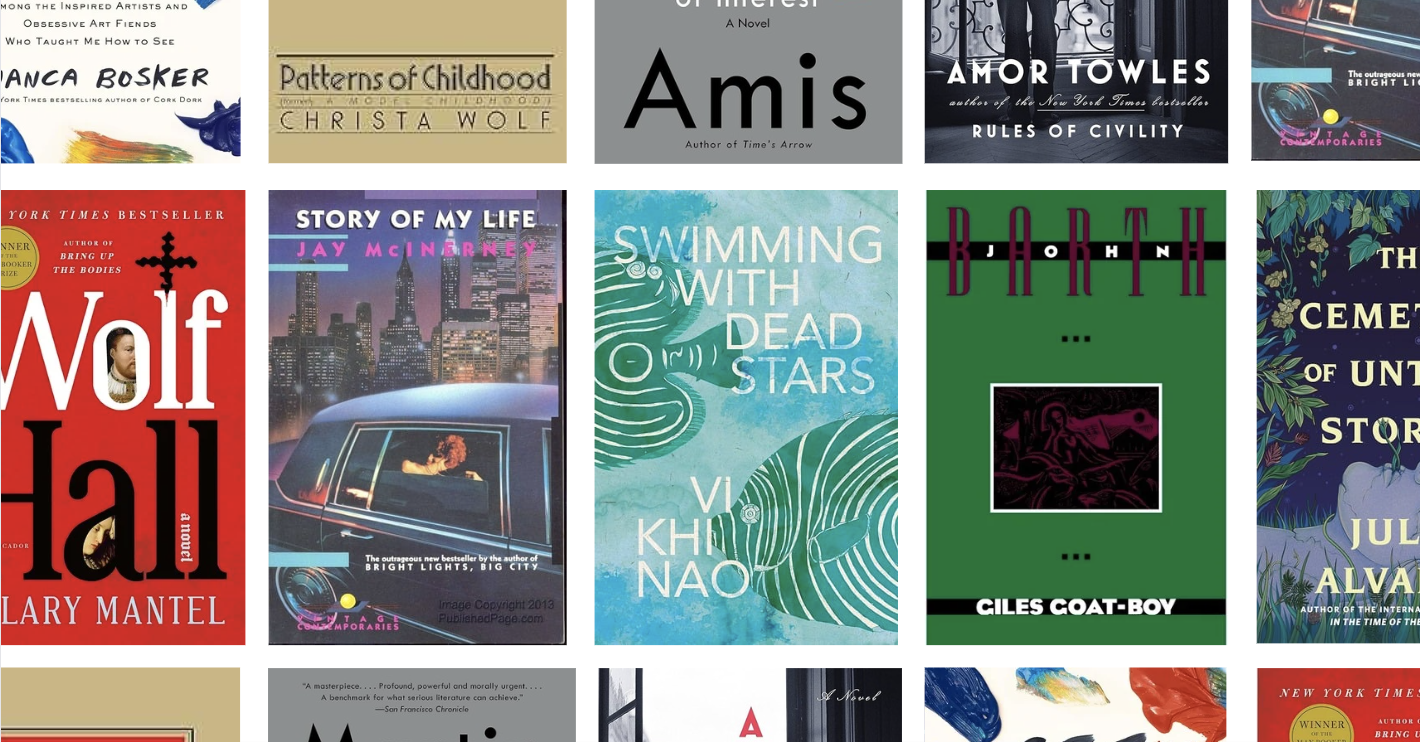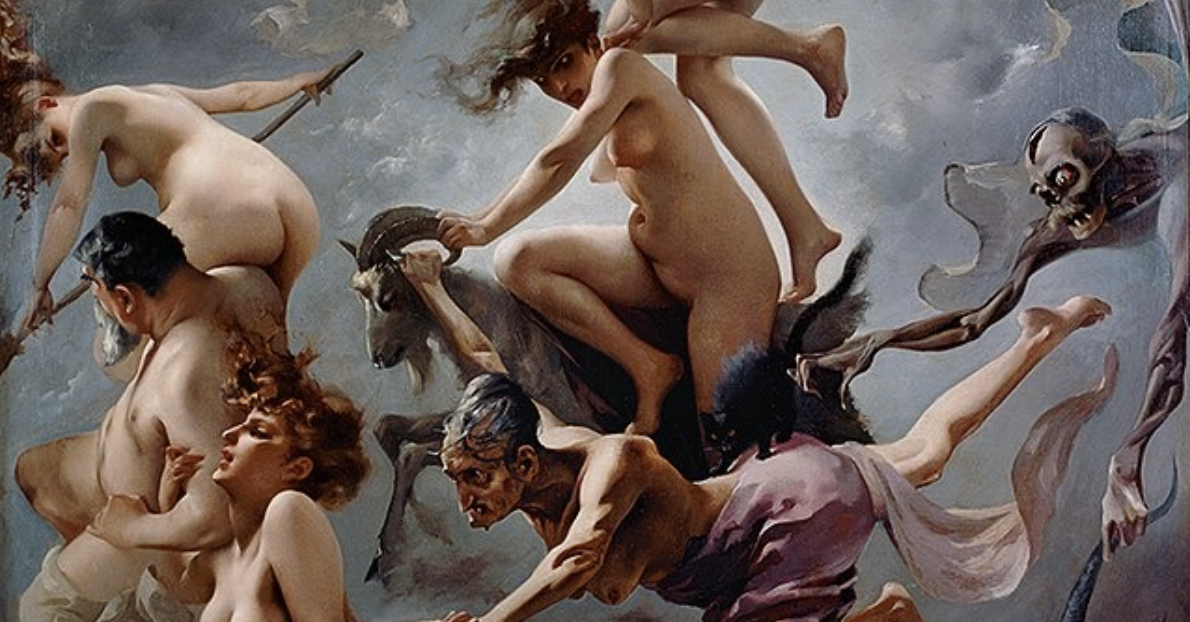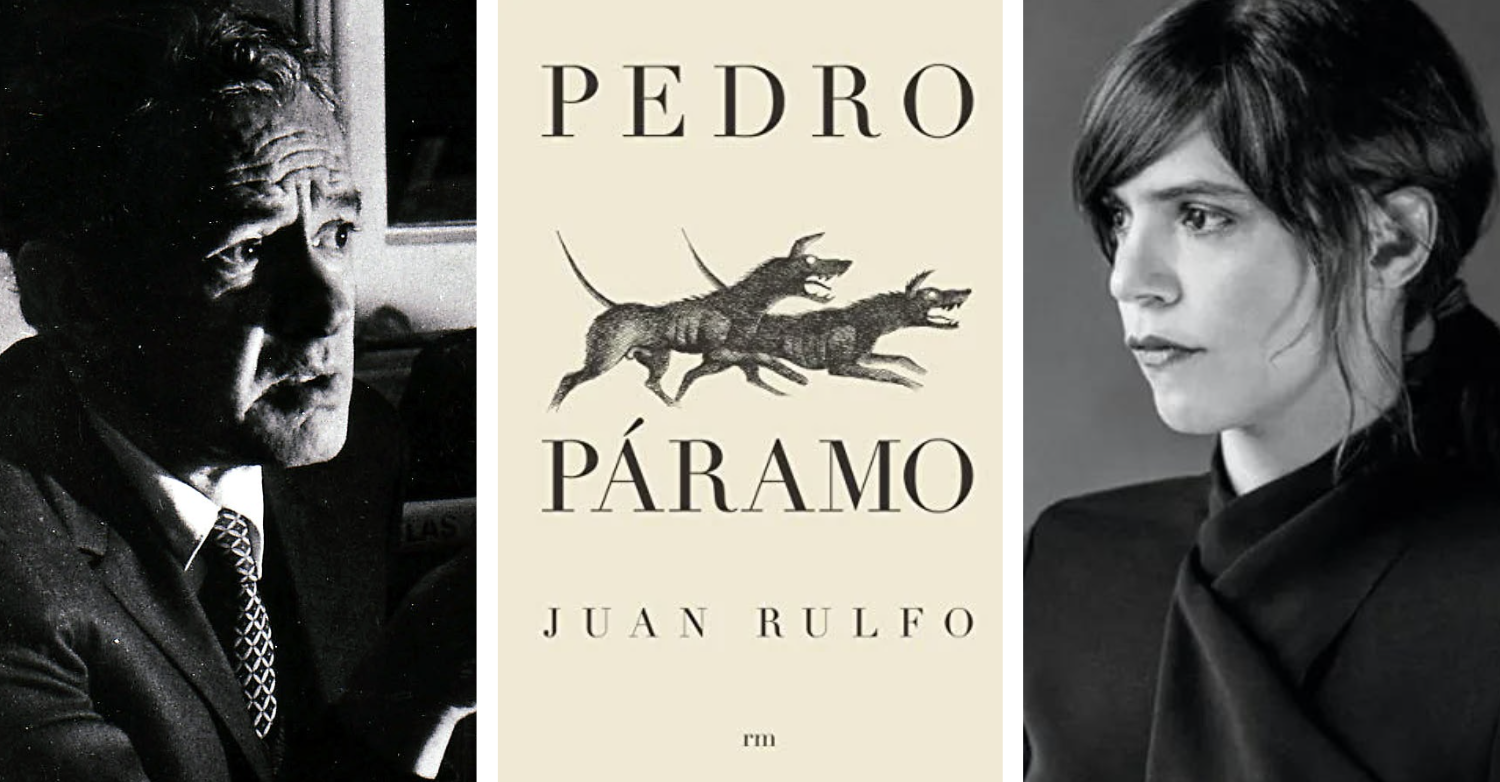Whether scholars, creative writers, or citizen book lovers, most readers agree on a canon of certain legendarily difficult books—books that are hard to read for their length, or their syntax and style, or their structural and generic strangeness, or their odd experimental techniques, or their abstraction. This post inaugurates a new Millions series devoted to identifying and describing these most difficult books: ones we’ve read/wrangled with ourselves, ones we’ve known students to struggle with time and again, ones that, more simply, “everyone knows” are hard to read—those works whose mere titles glisten with an aura of rarefied impenetrability.

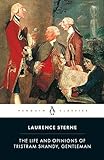

 There will, doubtless, be those readers who look scornfully on our choices (“Psh. These aren’t that hard, you’re just not smart enough to read them“). Indeed, for myself, that is probably true. And to those so brilliant that not a one of these tomes challenged or vexed them more than a People magazine, we tip our hats. This list is for the mere mortals among us—who have found themselves reading and rereading the same paragraph of James Joyce’s Ulysses to no avail, who have been reduced to tears by Faulkner’s one-line chapter, “My mother is a fish,” in As I Lay Dying, who may have spitefully broken the brittle spine of her first used copy of Tristram Shandy, who use a volume of Gibbon’s History of the Decline and Fall of the Roman Empire as a doorstop and eye it with a wary distrust when she walks past it (for it is fond of stubbing toes).
There will, doubtless, be those readers who look scornfully on our choices (“Psh. These aren’t that hard, you’re just not smart enough to read them“). Indeed, for myself, that is probably true. And to those so brilliant that not a one of these tomes challenged or vexed them more than a People magazine, we tip our hats. This list is for the mere mortals among us—who have found themselves reading and rereading the same paragraph of James Joyce’s Ulysses to no avail, who have been reduced to tears by Faulkner’s one-line chapter, “My mother is a fish,” in As I Lay Dying, who may have spitefully broken the brittle spine of her first used copy of Tristram Shandy, who use a volume of Gibbon’s History of the Decline and Fall of the Roman Empire as a doorstop and eye it with a wary distrust when she walks past it (for it is fond of stubbing toes).
But this is also a list for those who, after breaking the spine, picked up the wounded volume, taped it back together, and finished that infuriating chapter, and another, and another… until, triumph!, it was finished at last. And, perhaps, now that we think on it again, having finished, could it be that it was worth the struggle? Could it be that in the pain of it was a tinge of pleasure, of value (not to mention pride)?
The hope is that our series will eventually be exhaustive, and because this is a series and so on-going, we welcome your suggestions. Where we can, we also offer our advice to aspiring readers of a particular difficult work. Our descriptions aim to be modest primers for those about to embark on the reading of a difficult book, as well as small, memorial essays on these (by many measures) great books. Titles will come from many eras and genres—the Renaissance, the eighteenth and nineteenth centuries, the high Modernism of the early twentieth century, and finally our own time, and we include fiction, poetry, philosophy, and critical theory. Titles will be primarily those written in English, but in some cases we include translations. Future posts will cover works by Immanuel Kant, G.W. F. Hegel, Marcel Proust, Robert Musil, James Joyce, Ezra Pound, Virginia Woolf, Gertrude Stein, Djuna Barnes, William Vollmann, Thomas Pynchon, Jacques Derrida, David Foster Wallace, Joseph McElroy, Donna Harraway, William H. Gass, William Gaddis, and others.
1621: The Anatomy of Melancholy by Robert Burton
1667: Paradise Lost by John Milton
1704: A Tale of a Tub by Jonathan Swift
1747-8: Clarissa by Samuel Richardson
1759-67: The Life and Opinions of Tristram Shandy, Gentleman by Laurence Sterne
1851: Moby Dick by Herman Melville
1922-62: The Cantos by Ezra Pound
1927: To the Lighthouse by Virginia Woolf
1964: The Sonnets by Ted Berrigan
1969: The Dream Songs by John Berryman
1969: Ada, or Ardor by Vladimir Nabokov
1974: Dhalgren by Samuel R. Delany


